Common Causes of Sudden Death in Horses
Updated on 04/26/24
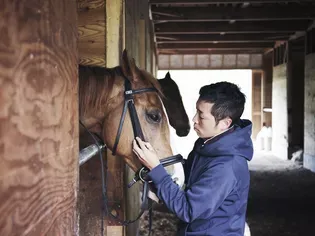
Unveiling the Silent Killers: Common Causes of Sudden Death in Horses
As equine enthusiasts, we cherish the bond we share with these majestic creatures. However, a sobering reality is the possibility of sudden death, an event that can shatter both a life and a dream. To safeguard our beloved companions, it is imperative to delve into the lurking threats that can abruptly extinguish their vitality.
This comprehensive guide aims to raise awareness about the common causes of sudden death in horses, providing invaluable knowledge to help you identify potential risks and take proactive measures to prevent these tragedies. By arming yourself with this information, you empower yourself to protect your equine partner and ensure their well-being.
1. Colic: An Abdominal Enigma
Colic, a severe abdominal pain, is a prevalent cause of sudden death in horses. The discomfort triggers excessive writhing and kicking, which can lead to ruptures of vital organs, such as the stomach or intestines.
* Gastric Rupture: A sudden, violent contraction of the stomach can cause a gastric rupture, resulting in a swift and often fatal hemorrhage.
* Intestinal Torsion: The twisting of the intestines can obstruct blood flow and cause tissue death, leading to a rapid decline and potential fatality.
* Cecal Impaction: A blockage in the cecum, a pouch in the large intestine, can cause a rupture, leading to a life-threatening infection.
2. Cardiovascular Emergencies: Heart Attacks and More
Heart-related issues can strike with devastating speed in horses, often leading to sudden collapse and death. These emergencies can manifest in various forms:
* Myocardial Infarction (Heart Attack): A blockage in the coronary arteries, which supply blood to the heart, can cause a heart attack, depriving the organ of oxygen and leading to sudden cardiac arrest.
* Rupture of the Aorta: A tear in the aorta, the largest artery in the body, can result in catastrophic internal bleeding and swift death.
* Ruptured Ventricular Septum: A hole in the wall separating the heart's ventricles can lead to a sudden drop in blood pressure, compromising vital organ function.
3. Neurological Catastrophes: Brain Injuries and Seizures
Neurological emergencies can compromise the delicate balance of the nervous system, triggering seizures, loss of consciousness, and even sudden death.
* Trauma to the Head: A blow to the head can cause a concussion or more severe brain injury, leading to neurological dysfunction and potentially death.
* EIPH (Equine Idiopathic Pulmonary Hemorrhage): A respiratory condition where blood fills the lungs, causing neurological symptoms such as seizures and respiratory failure.
* Epilepsy: A neurological disorder characterized by recurring seizures, which can be life-threatening in horses.
4. Metabolic Disorders: Unseen but Deadly
Metabolic disorders can disrupt the body's delicate chemical balance, leading to organ dysfunction and potential fatal consequences.
* Laminitis: A painful inflammation of the hooves' sensitive tissues, which can trigger life-threatening complications such as cardiovascular collapse.
* Hyperkalemic Periodic Paralysis (HYPP): A genetic disorder that causes episodes of muscle weakness and paralysis, potentially leading to respiratory failure and death.
* Polysaccharide Storage Myopathy (PSSM): A muscle disorder that can cause severe muscle damage, compromising mobility and leading to life-threatening complications.
5. Infectious Diseases: Invisible Assassins
Infectious diseases can spread rapidly through the equine population, posing a significant threat to individual horses and herds alike.
* Equine Infectious Anemia (EIA): A viral disease that attacks the immune system, leaving horses vulnerable to other infections and potentially leading to sudden death.
* Streptococcus equi (Strangles): A bacterial infection that can cause severe respiratory distress, abscess formation, and even fatal sepsis.
* Equine Herpesvirus-1 (EHV-1): A highly contagious virus that can cause respiratory infections, neurological symptoms, and potentially fatal abortions.
Prevention: The Cornerstone of Equine Health
Recognizing the common causes of sudden death in horses is the first step towards safeguarding your equine companion. By incorporating preventive measures into your horse's care routine, you can significantly reduce the risk of these tragedies:
* Regular Veterinary Checkups: Schedule routine checkups with your veterinarian to detect any underlying health issues early on and address them appropriately.
* Vaccination: Vaccinate your horse against common infectious diseases to bolster their immune system and protect them from potential threats.
* Proper Nutrition: Ensure your horse receives a balanced diet that meets their nutritional requirements and helps maintain optimal health.
* Exercise Regimen: Implement a suitable exercise program that gradually increases intensity to promote cardiovascular fitness and reduce the risk of colic.
* Parasite Control: Regularly deworm your horse to prevent parasite
Explore More Pets
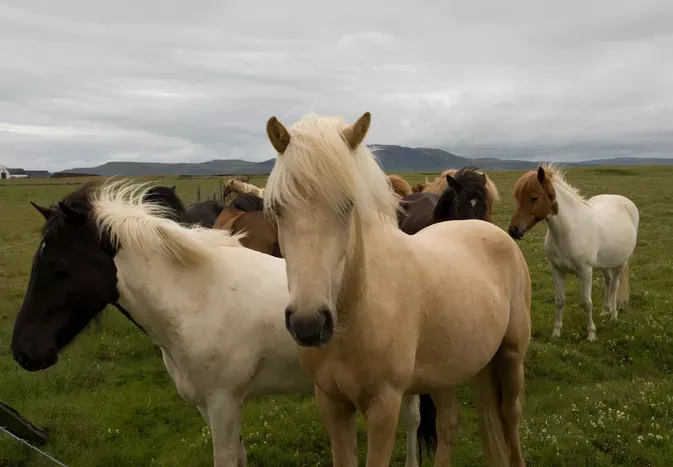
Pony Breeds
The Difference Between Horses and Ponies

Horse Diseases & Conditions
What Do I Do If My Horse Colics?
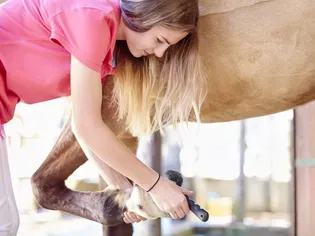
Pony Breeds
Horse and Pony Care by the Day, Week, Month and Year
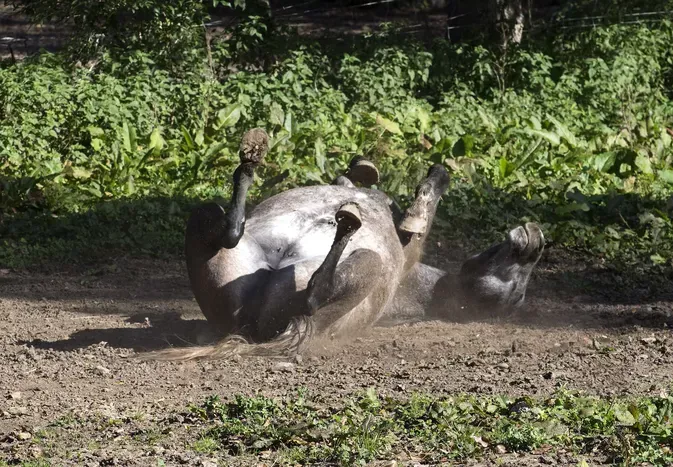
Horse Grooming
Mange in Horses
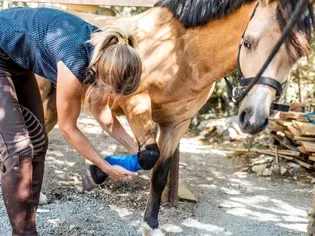
Horse Diseases & Conditions
Grease Heel in Horses
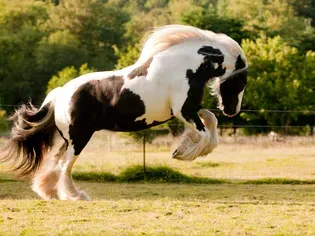
Light Horse Breeds
Gypsy Vanner Horse Breed Profile
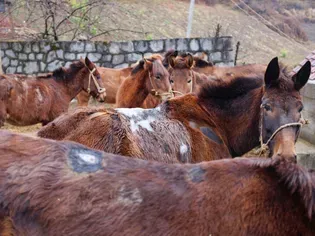
Horse Diseases & Conditions
Girth Galls and Saddle Sores
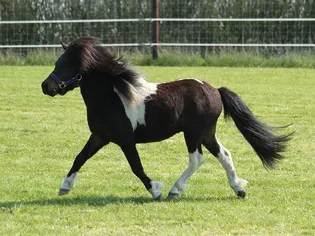
Pony Breeds
Shetland Pony Breed Profile